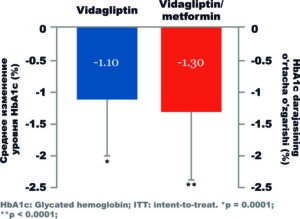Gechu Shang etal., Heart and Vessels (2022), Published on 01 November 2022
Blood potassium levels are associated with adverse outcomes in patients with congestive heart failure (HF). However, it is unclear whether there are differences in outcome events in elderly patients with different blood potassium levels at the time of emergency readmission within 1 year. This study used data from patients hospitalized with HF, integrating electronic medical records from the PhysioNet restricted health data database and external outcome data. We conducted a retrospective study of HF patients aged 60 years and older, using baseline data, comorbidities, laboratory tests, and medication use as covariates to analyze the effect of serum potassium levels on outcome events, with the primary outcome being readmission within 1 year. A priori was used to calculate the sample size, and this retrospective cohort study included a total of 788 elderly HF patients, of whom 20.3% had hypokalaemia (K+ < 3.5 mmol/L) and 14.7% had hyperkalemia (K+ > 4.7 mmol/L). According to a multivariate Cox regression model, patients with hyperkalemia had a shorter time interval between readmissions within 1 year, with a hazard ratio (HR) and its 95% CI of 1.134 (1.006–1.279). Three models were used to analyze patients with different blood potassium levels and, after correction, the high potassium group was at high risk relative to the low and normal groups, with significant differences in outcome events, with HRs and their 95% CI of 1.266 (1.03–1.557), 1.245 (1.01–1.534), and 1.439 (1.142–1.812), respectively. The robustness of the model was also demonstrated by competing risk models with subgroup analysis, showing that blood potassium levels had a stable effect on outcome events and were not altered by covariates (age, sex, diabetes, chronic kidney disease, NT-proBNP, high-sensitivity troponin, and glomerular filtration rate).
The results show that high blood potassium levels are associated with the outcome event of readmission within 1 year in elderly patients with HF. Blood potassium levels at the time of the first hospitalization may therefore be a valuable predictor.





